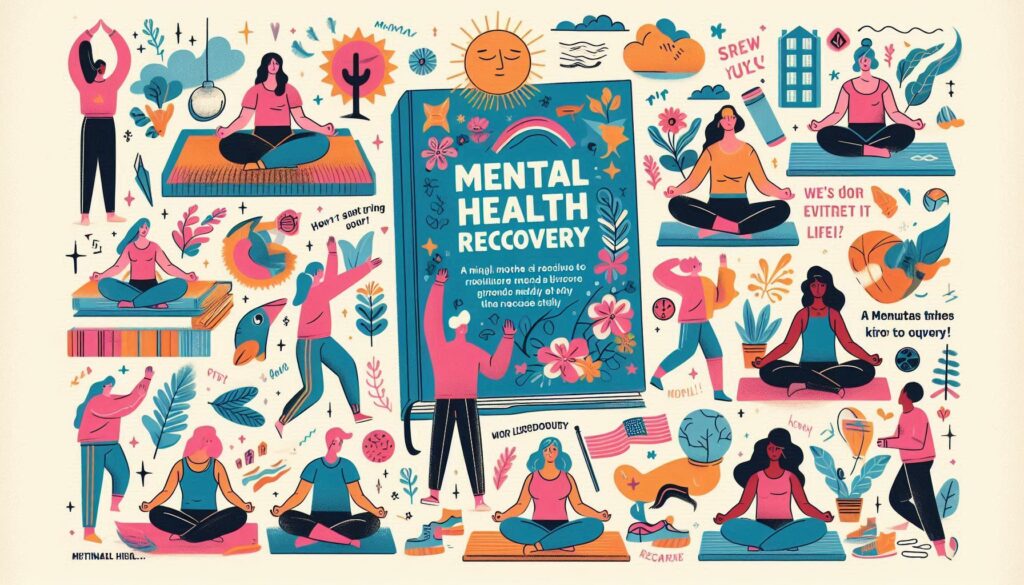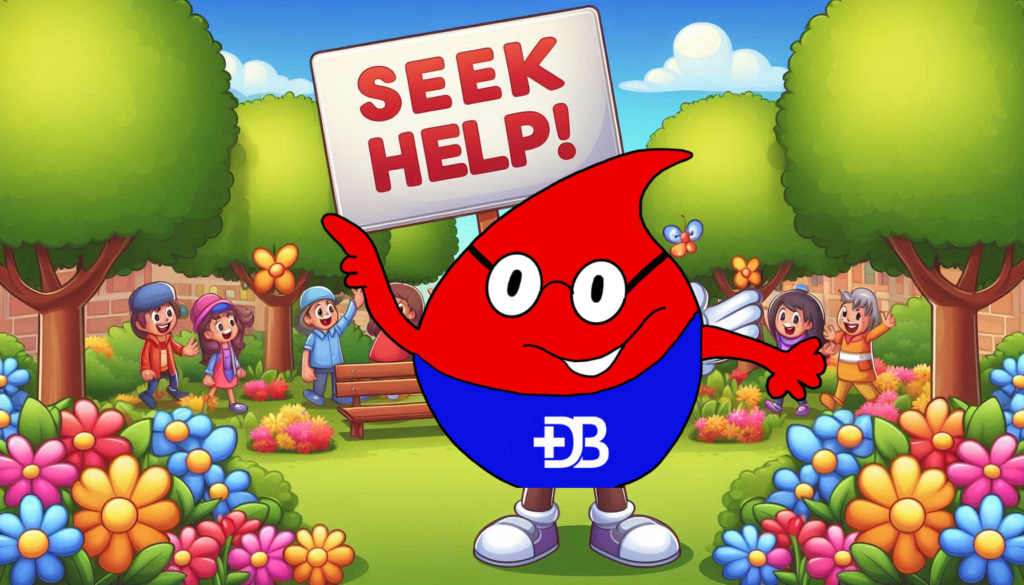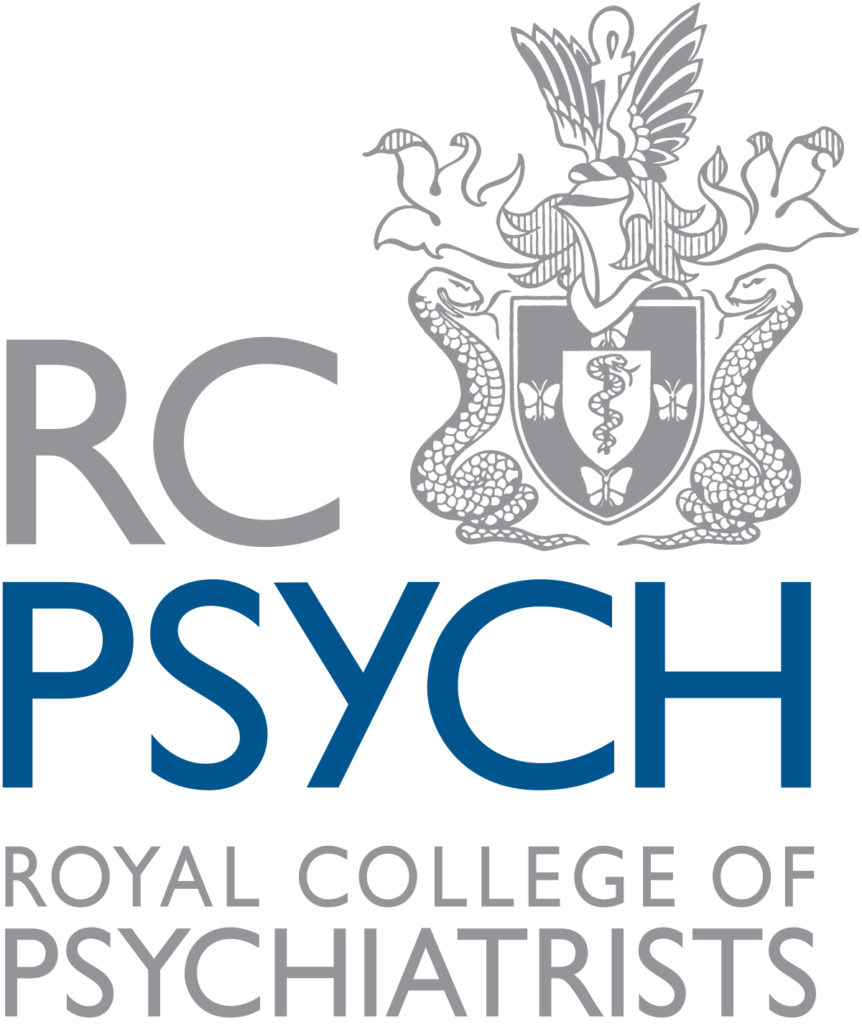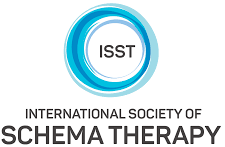
The joy and excitement of the holiday season can often be followed by a period of emotional and mental exhaustion. While common, this post-holiday stress can be effectively managed with the right approach and self-care strategies.
The transition back to regular routines after the holidays can be emotionally challenging in several ways. Many people experience intense emotional fatigue from the constant social interactions and family gatherings that characterize the holiday season. Understanding why this happens is key to aiding recovery. The financial impact of holiday spending often creates lingering stress that can affect your peace of mind well into the new year. Physical exhaustion commonly occurs due to disrupted sleep patterns and irregular schedules during the festivities. The return to work or daily responsibilities can trigger anxiety as you face the challenge of resuming normal routines. Additionally, many individuals experience a profound sense of emptiness once the excitement and anticipation of the holiday season come to an end.
Effective Coping Strategies
1. Gentle Transition Back to Routine – Avoid the donkey ride without saddle approach!

Setting realistic daily goals is crucial during your first week back. Start with achievable objectives that don’t overwhelm you, such as organizing your workspace or responding to important emails. This helps build momentum without causing unnecessary stress.
Creating a structured but flexible schedule helps you regain control while allowing room for adjustment. Consider blocking out specific times for different activities, but leave buffer periods for unexpected tasks or needed breaks. This balance helps prevent feelings of being overwhelmed while maintaining productivity. Breaking large tasks into smaller, manageable steps makes the return to routine less daunting. If you’re facing a major project, divide it into smaller components that you can accomplish in 30-minute to one-hour segments. This approach helps maintain motivation and provides a sense of progress.
Allowing for extra time for adjustment during the first week back. Recognize that you might not operate at full capacity immediately, and that’s okay. Build in additional time for tasks that might normally take less time, and be patient with yourself as you readjust to your regular routine.
2. Financial Recovery – Get those credit cards under lock and key!

Creating a post-holiday budget is essential for regaining financial stability. Take time to review your holiday spending and current financial situation, then develop a realistic plan for the coming months. This might include temporarily reducing discretionary spending and focusing on essential expenses.
Avoiding unnecessary purchases for a few weeks can help your finances recover. Challenge yourself to a “no-spend” period where you only purchase necessities. This break from spending can help reset your financial habits and provide breathing room for your budget.
Developing a savings plan for the next holiday season is a proactive step toward preventing future stress. Consider setting up a dedicated holiday savings account and making small, regular deposits throughout the year. This approach can help avoid the financial strain that often accompanies holiday spending.
3. Physical Well-being – Kiss and make up with your beautiful body machine!

Returning to regular, nutritious meals is crucial for restoring your body’s balance after the holiday season. Plan your meals to include plenty of vegetables, lean proteins, and whole grains. This helps counteract the effects of holiday indulgences and provides the energy needed for daily activities. Remember that staying hydrated and limiting alcohol consumption supports your body’s recovery process. This is also a key component of nutrition. Make a conscious effort to drink water throughout the day, and consider reducing or eliminating alcohol temporarily to help your body and mind reset.
Establishing a consistent sleep schedule helps regulate your body’s natural rhythms. Set a regular bedtime and wake-up times, and create a relaxing bedtime routine. This consistency can improve your sleep quality and overall energy levels throughout the day.
Beginning light exercise routines helps boost both physical and mental well-being. Start with gentle activities like walking, stretching, or yoga, gradually increasing intensity as your energy levels improve. Regular physical activity can help reduce stress and improve mood.
4. Emotional Self-Care – A hug often can be underrated, particularly one given to oneself.

Practicing mindfulness or meditation provides valuable tools for managing post-holiday stress. Set aside time each day for quiet reflection or guided meditation. These practices can help calm your mind and reduce anxiety about returning to regular routines. One thing you can try is journaling. Journaling about your feelings and experiences can provide valuable emotional release and insight. Write about your holiday memories, current challenges, and hopes for the future. This practice can help you process emotions and identify patterns in your stress responses.
Maintaining connections with loved ones while setting healthy boundaries is essential for emotional balance. Keep in touch with family and friends, but be clear about your needs for quiet time or space to recharge. This balance helps preserve the positive aspects of holiday connections without feeling overwhelmed.
Engaging in activities that bring you joy should be a priority during this transition period. Whether it’s reading, crafting, music, or another hobby, make time for activities that help you feel centered and content. Spending time in nature can have a powerful effect on your mental well-being. Even short walks outdoors or simply sitting in a park can help reduce stress and improve your mood. Natural settings provide a peaceful environment for processing thoughts and emotions.
5. Professional Environment – I can get by with a little help from my digital friends.

Using organizational tools to prioritize tasks helps manage work-related stress effectively. Implement systems like to-do lists, digital calendars, or project management apps to keep track of responsibilities and deadlines. This organization can help you feel more in control of your workload.
Taking regular breaks throughout the day is crucial for maintaining focus and preventing burnout. Schedule short breaks between tasks to stretch, walk, or simply rest your mind. These pauses can actually improve your productivity and reduce stress levels.
Make sure to set realistic expectations. Setting realistic expectations for productivity acknowledges that returning to work is a process. Understand that it may take time to reach your usual productivity levels, and adjust your goals accordingly. This self-compassionate approach can reduce work-related stress. Communicating openly with colleagues about workload helps manage expectations and prevent overwhelm. Don’t hesitate to discuss project timelines and responsibilities with your team. Clear communication can help ensure a smoother transition back to work.
When to Seek Help – Sometimes it takes more than a brief moment to reorientate yourself back on track.

Post-holiday blues typically resolve within a few weeks, but certain signs may indicate a need for professional support. Persistent feelings of sadness or anxiety that don’t improve with time should be taken seriously. Watch for changes in your sleeping or eating patterns that last beyond the initial adjustment period. A sustained loss of interest in activities you usually enjoy may signal a deeper issue. If you find yourself consistently unable to focus or make decisions, this could impact both your personal and professional life. Feelings of hopelessness that persist beyond the initial post-holiday period should be addressed with a mental health professional.
In conclusion
Planning for post-holiday recovery time is as important as planning for the holidays themselves. Build in buffer days for rest and adjustment before returning to work or regular activities. Documenting what worked well this year can provide valuable insights for future planning. Keep notes about successful strategies and challenging situations to better prepare for next year’s holiday season. Finally, remember, the post-holiday period can be an opportunity for renewal and fresh starts. By implementing these strategies and being gentle with yourself, you can successfully navigate the transition and maintain good mental health throughout the year.
Book a Mental Health appointment today!













